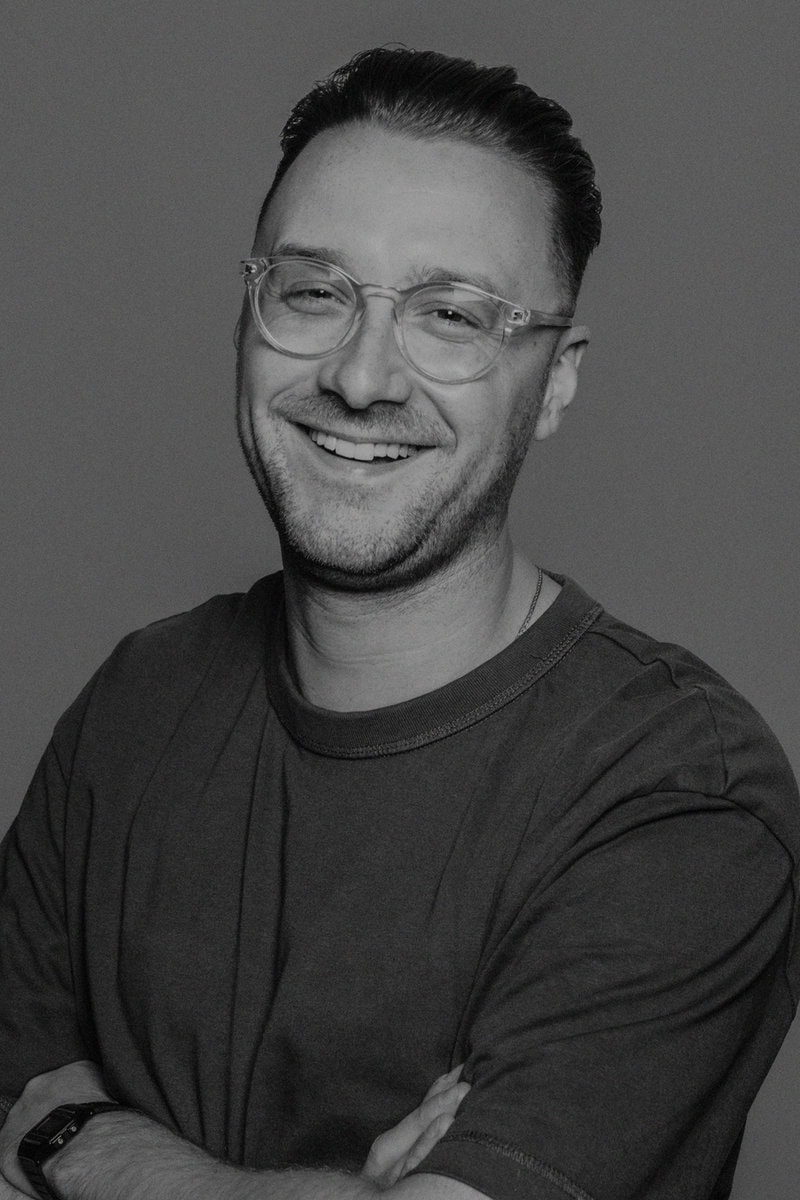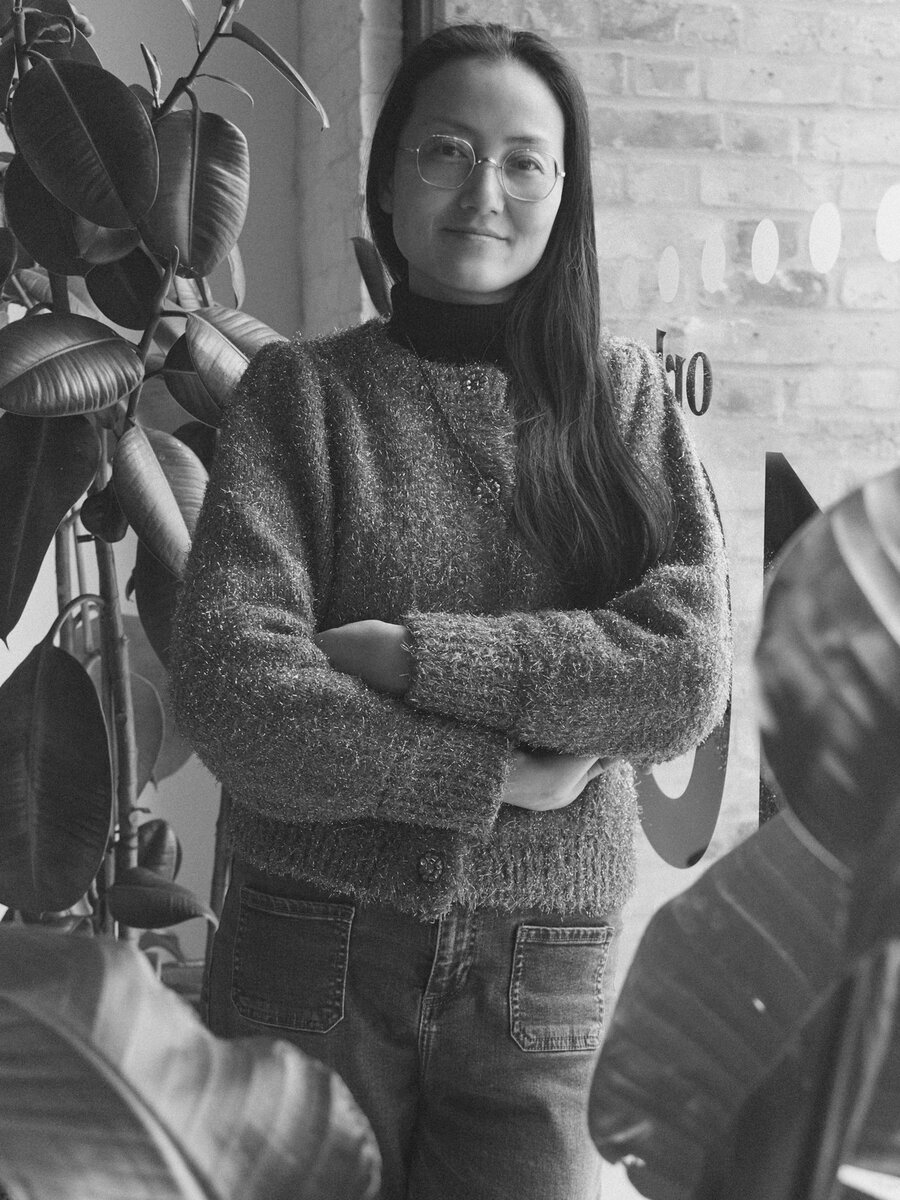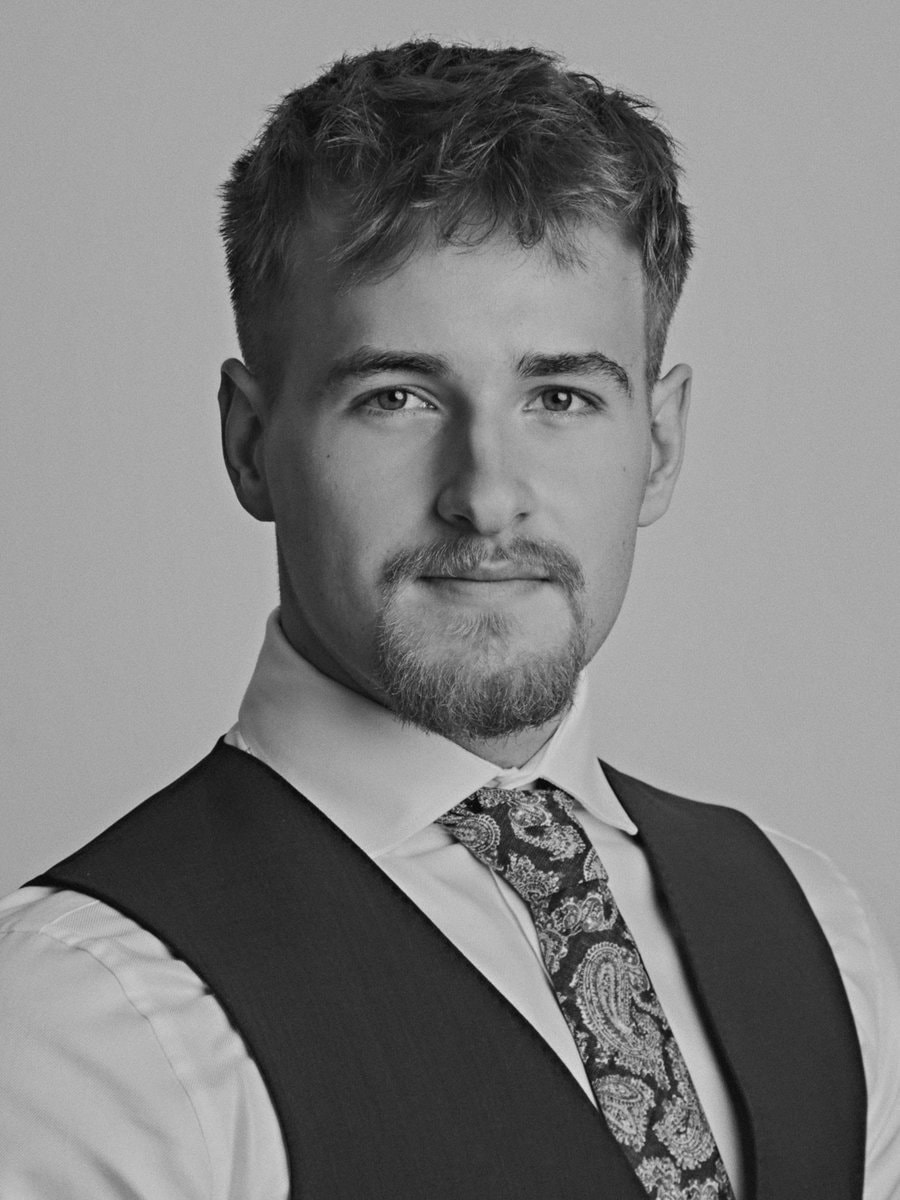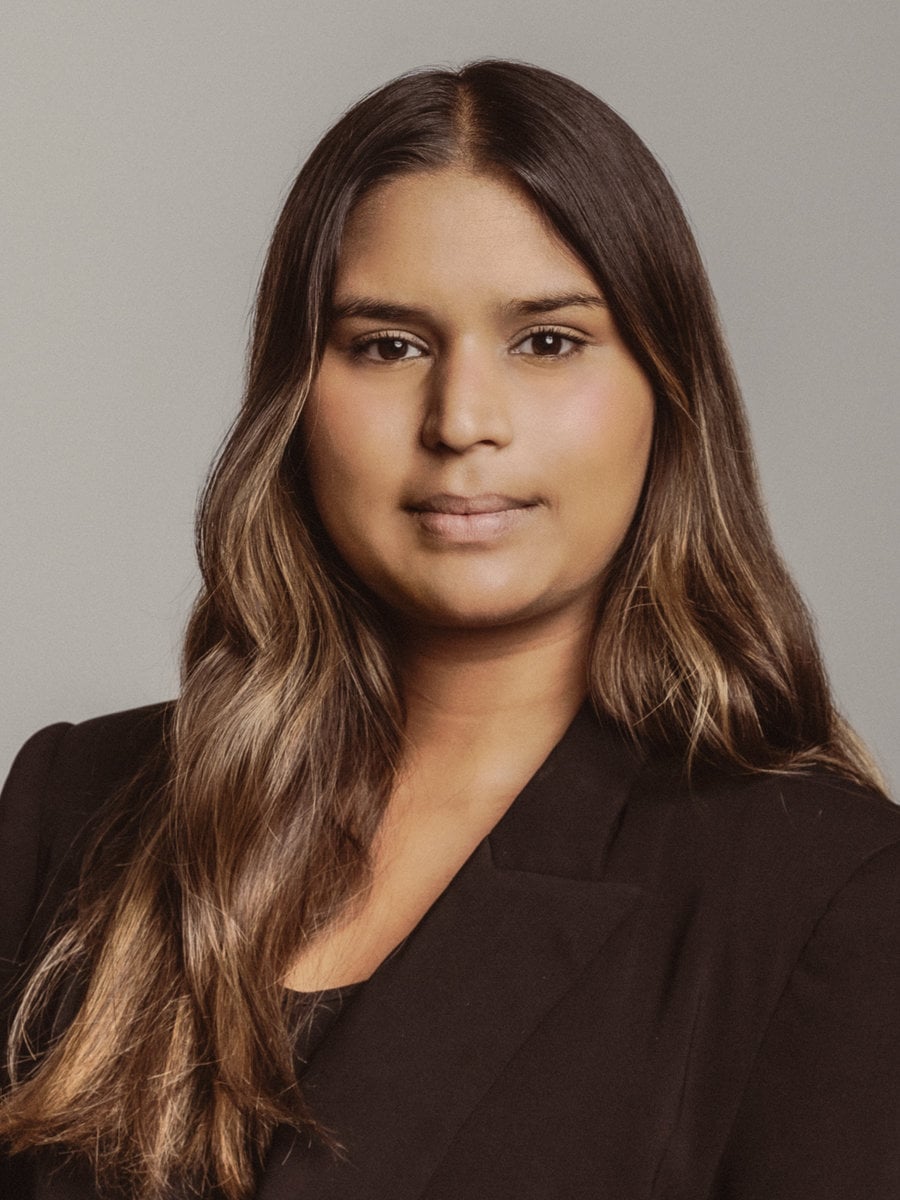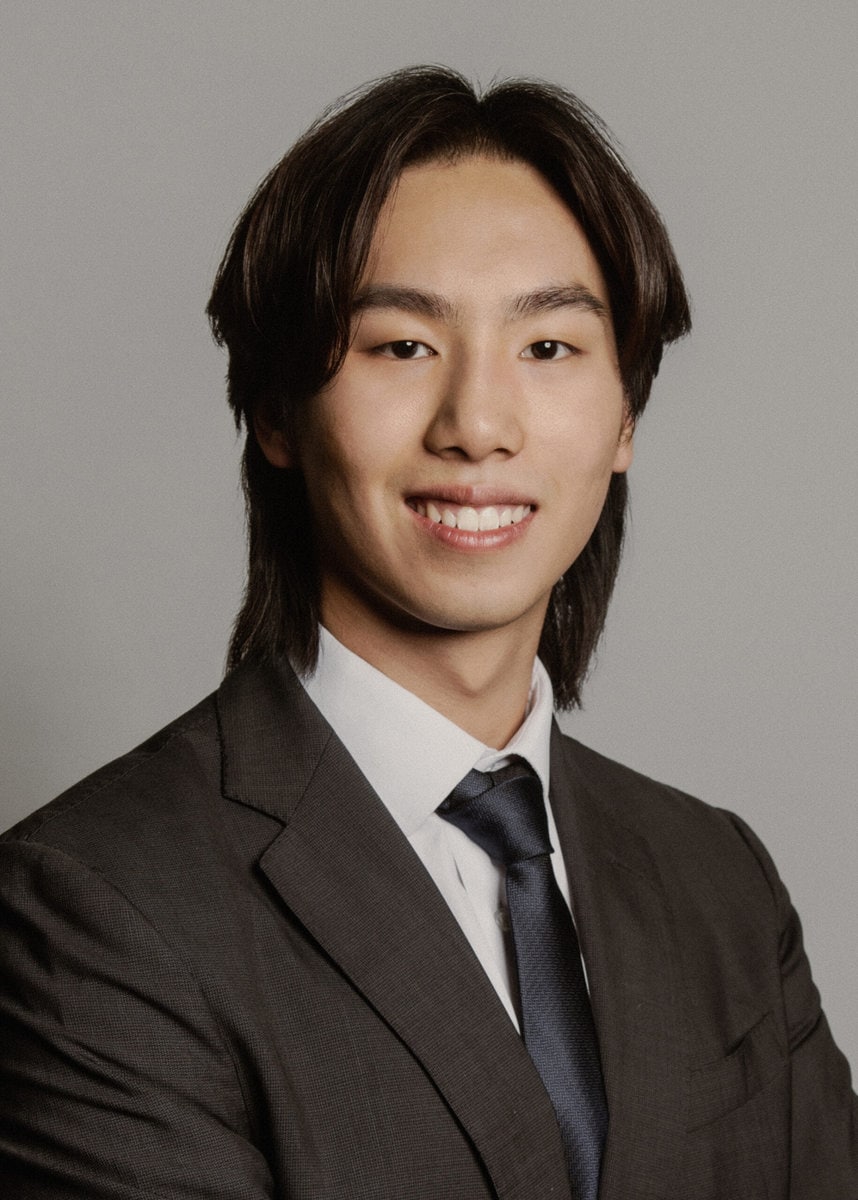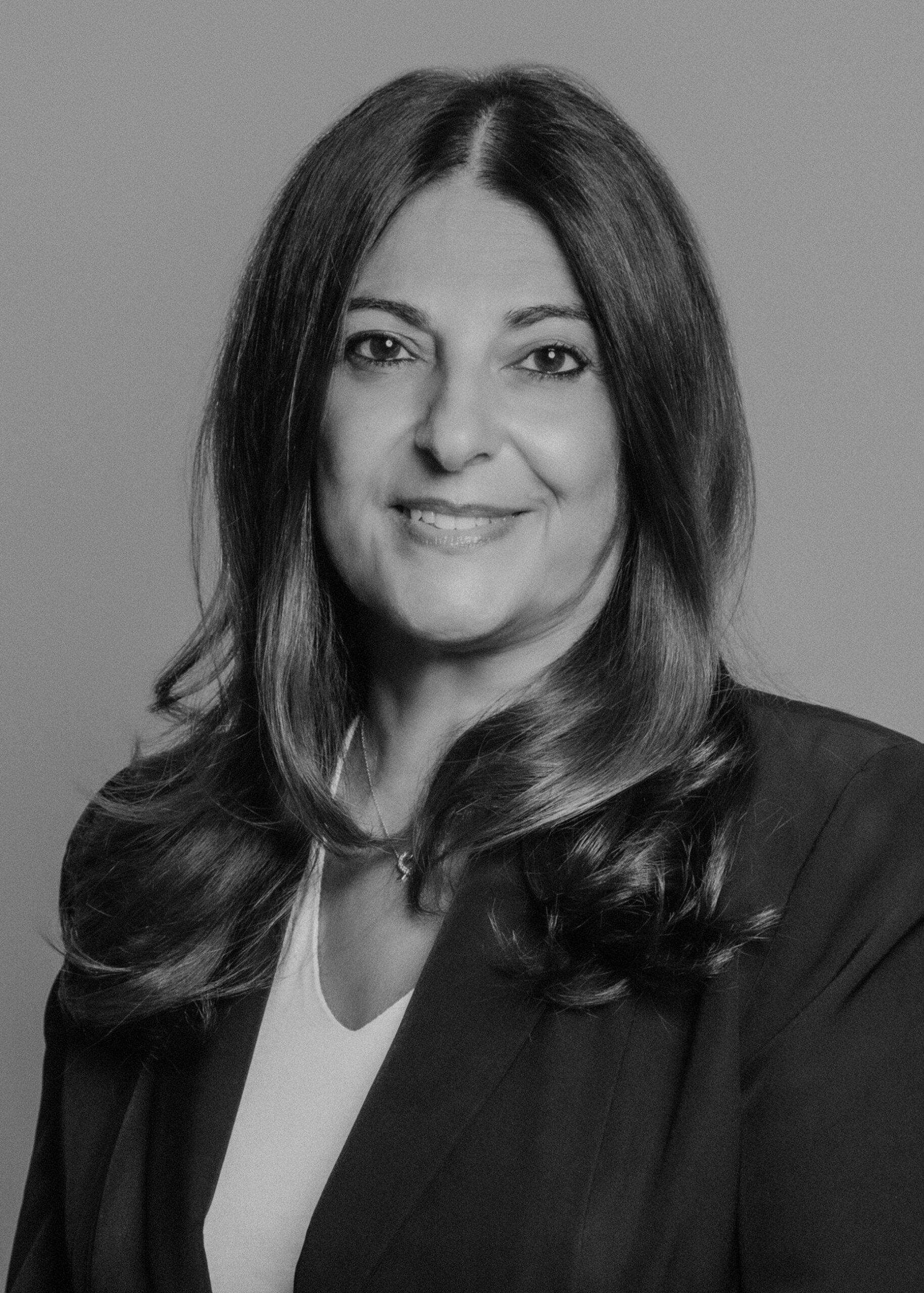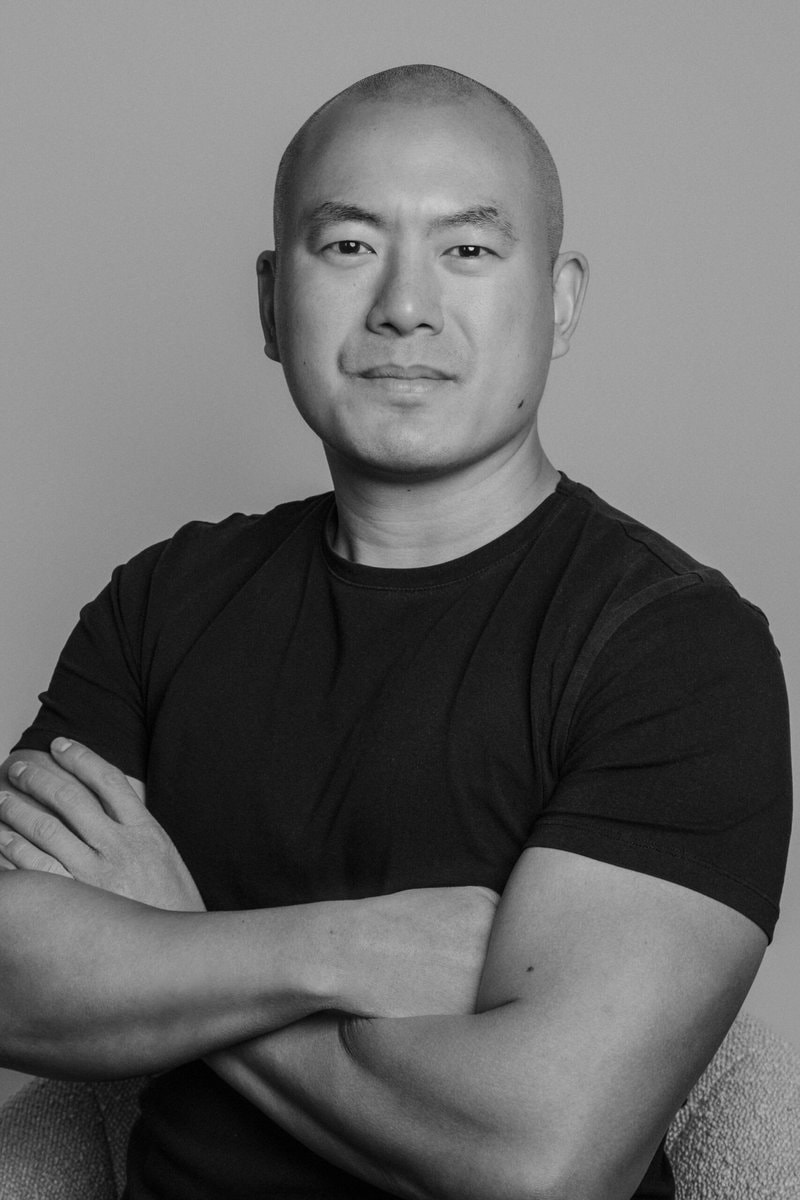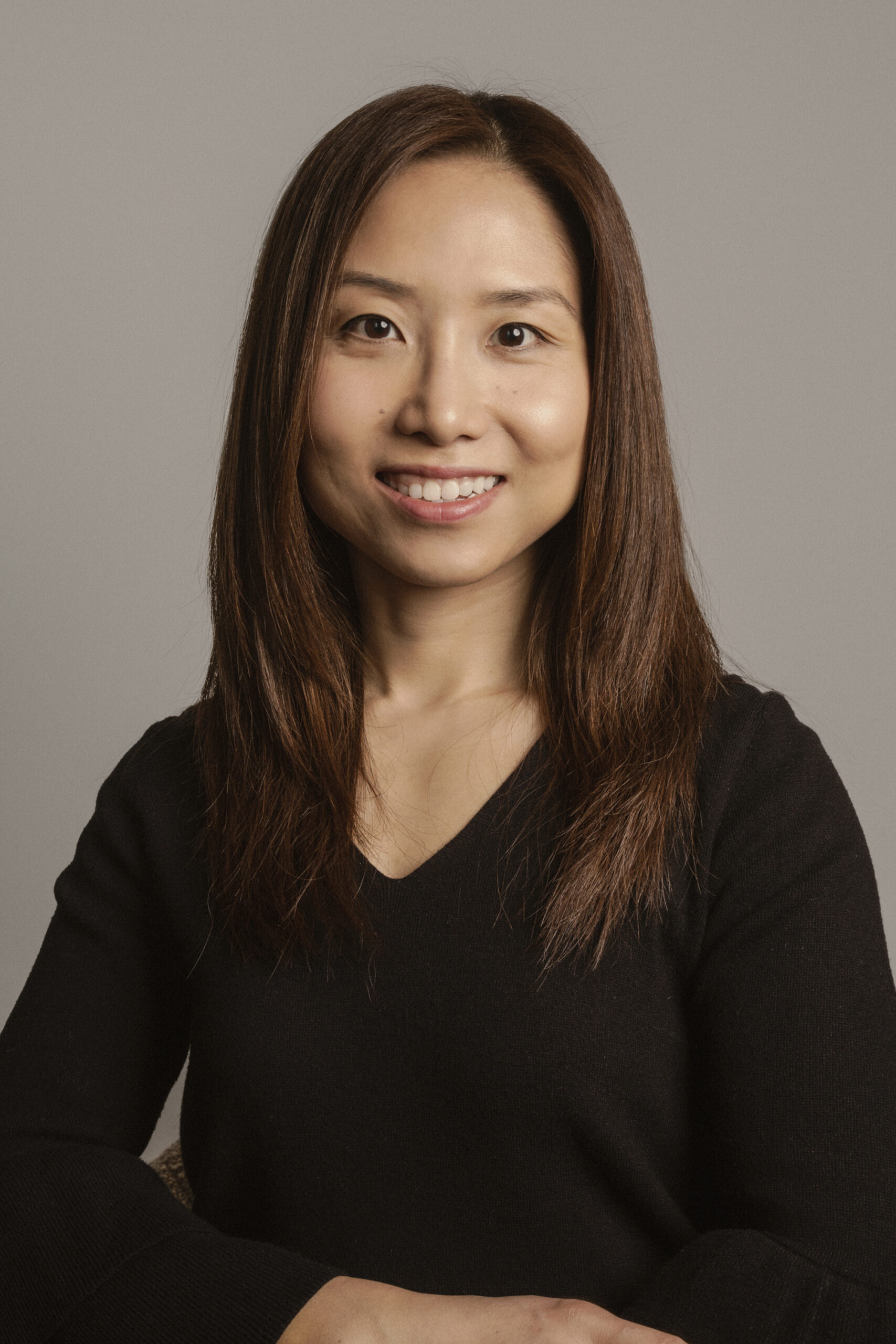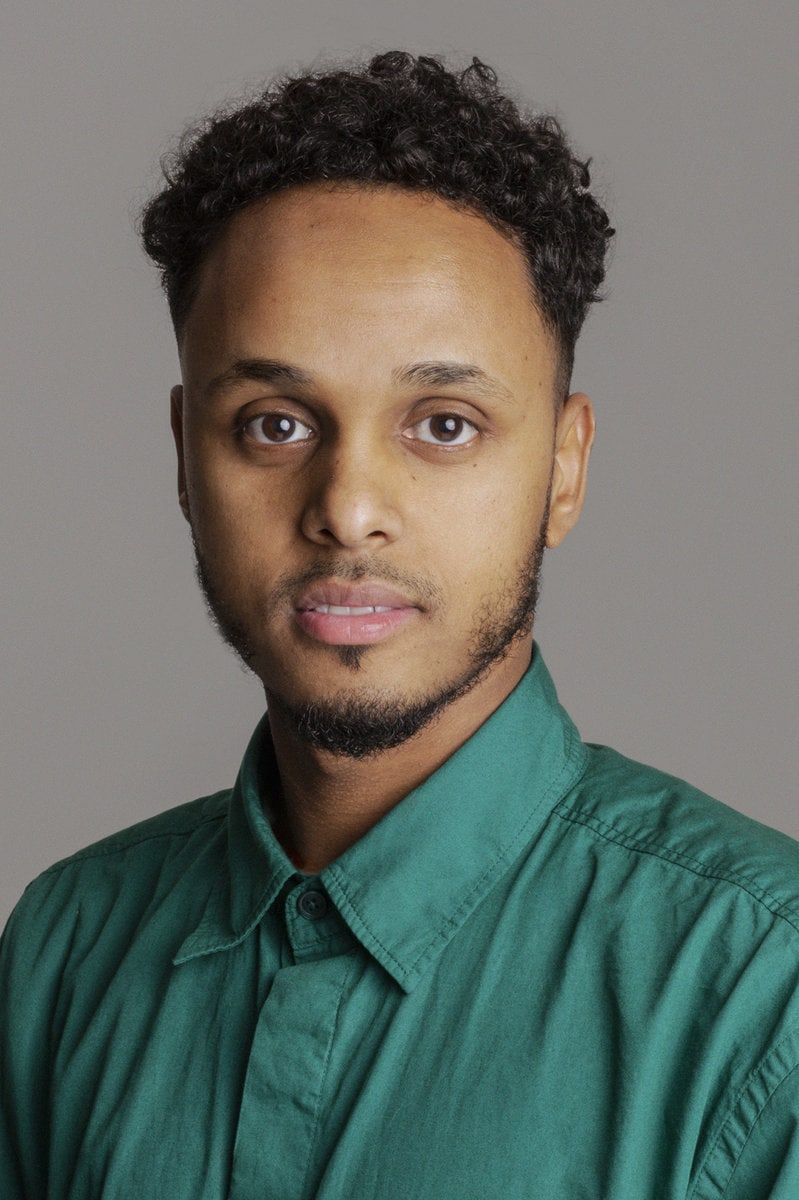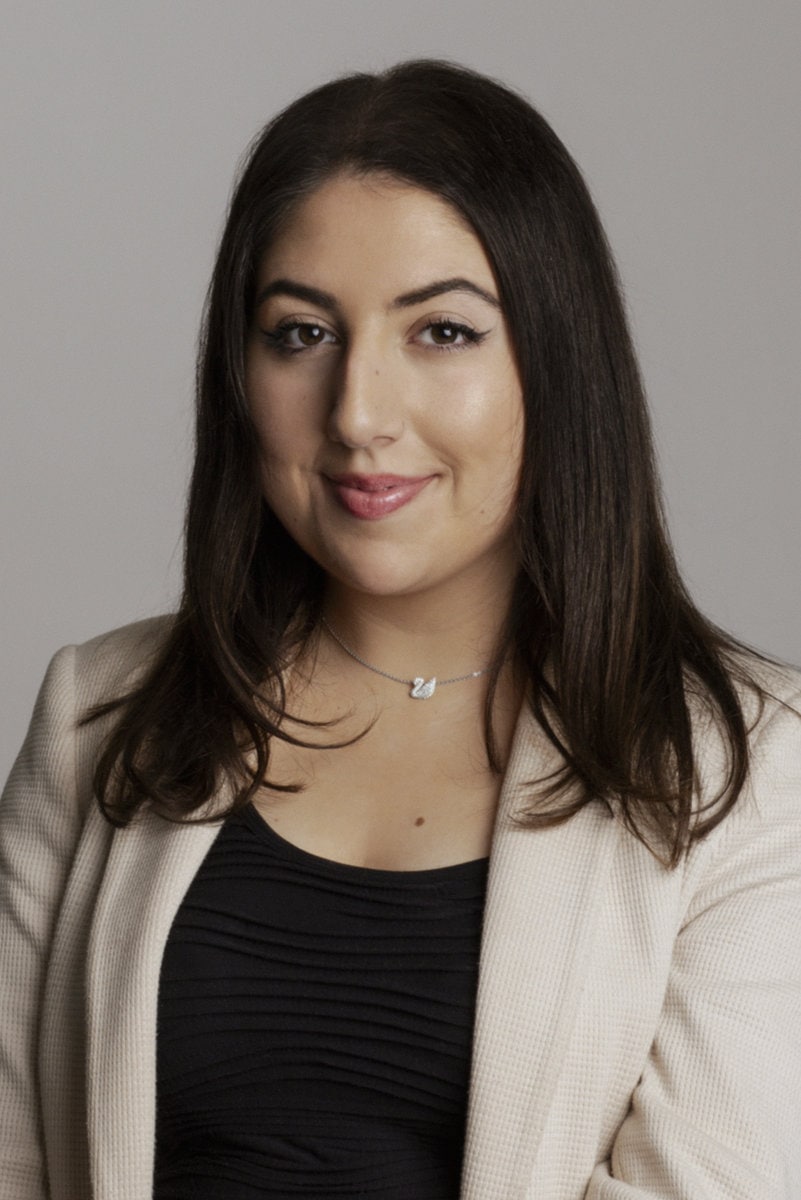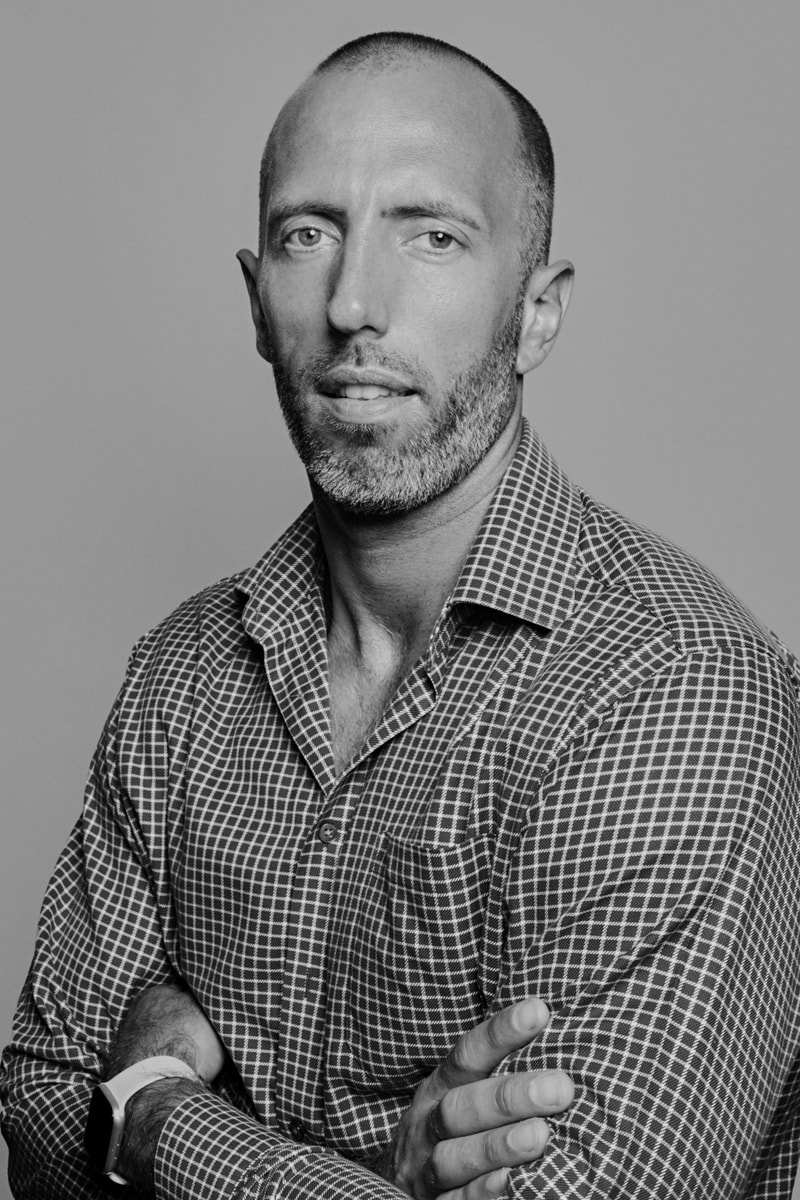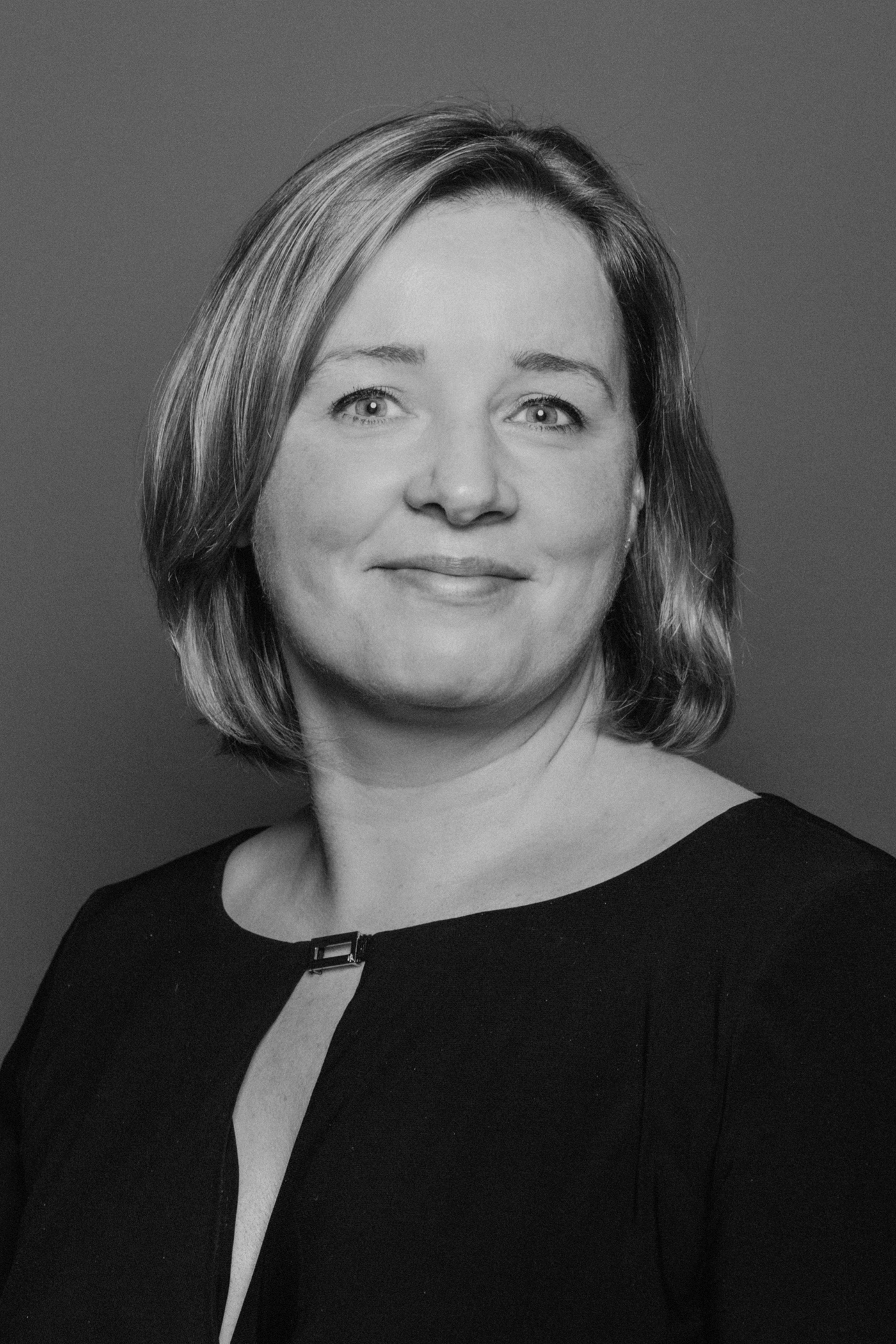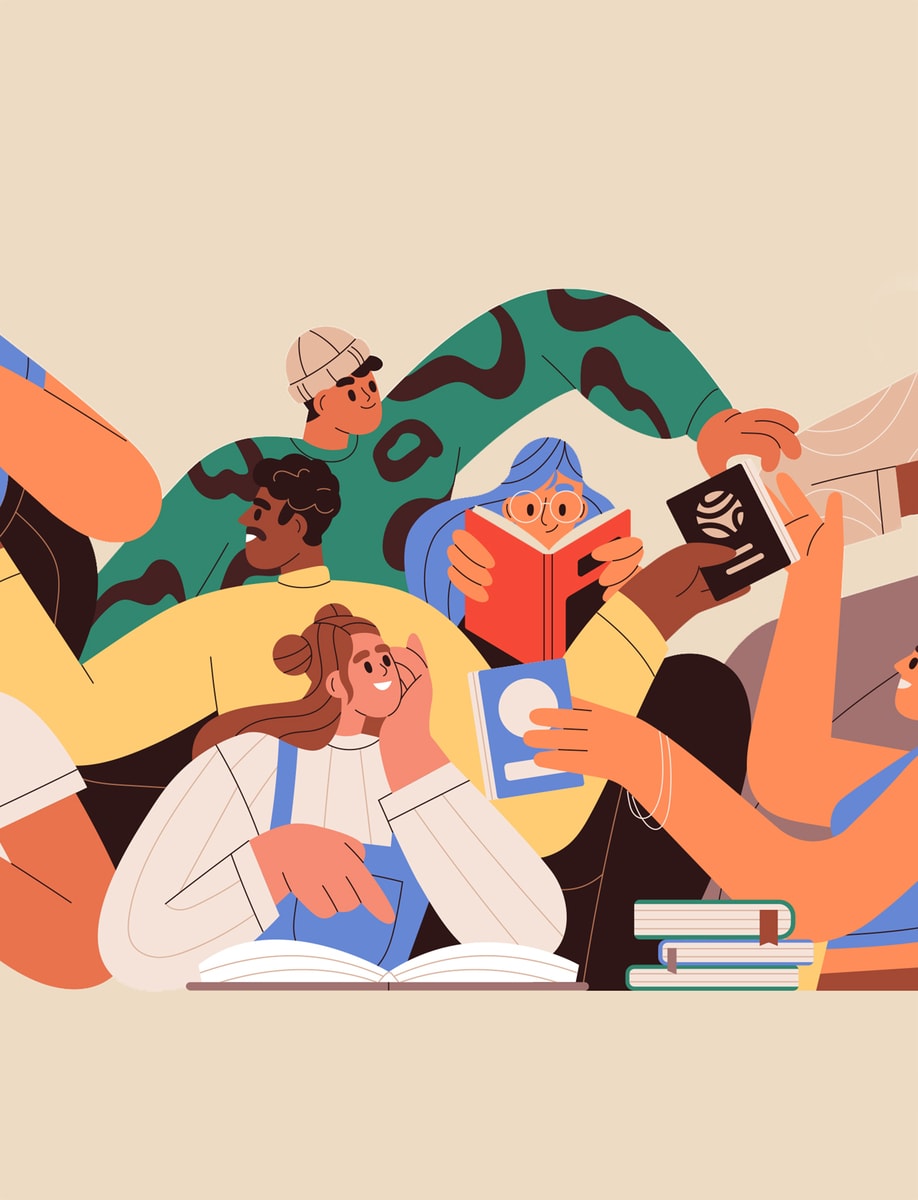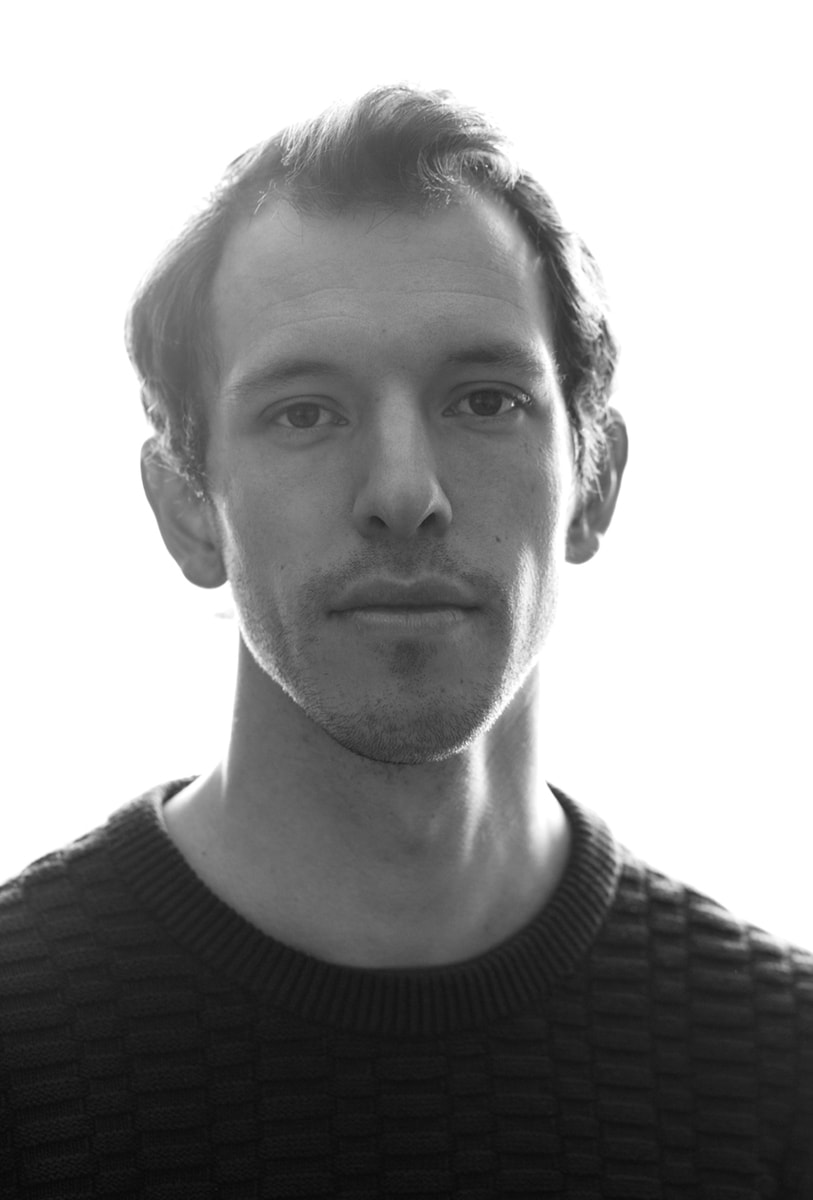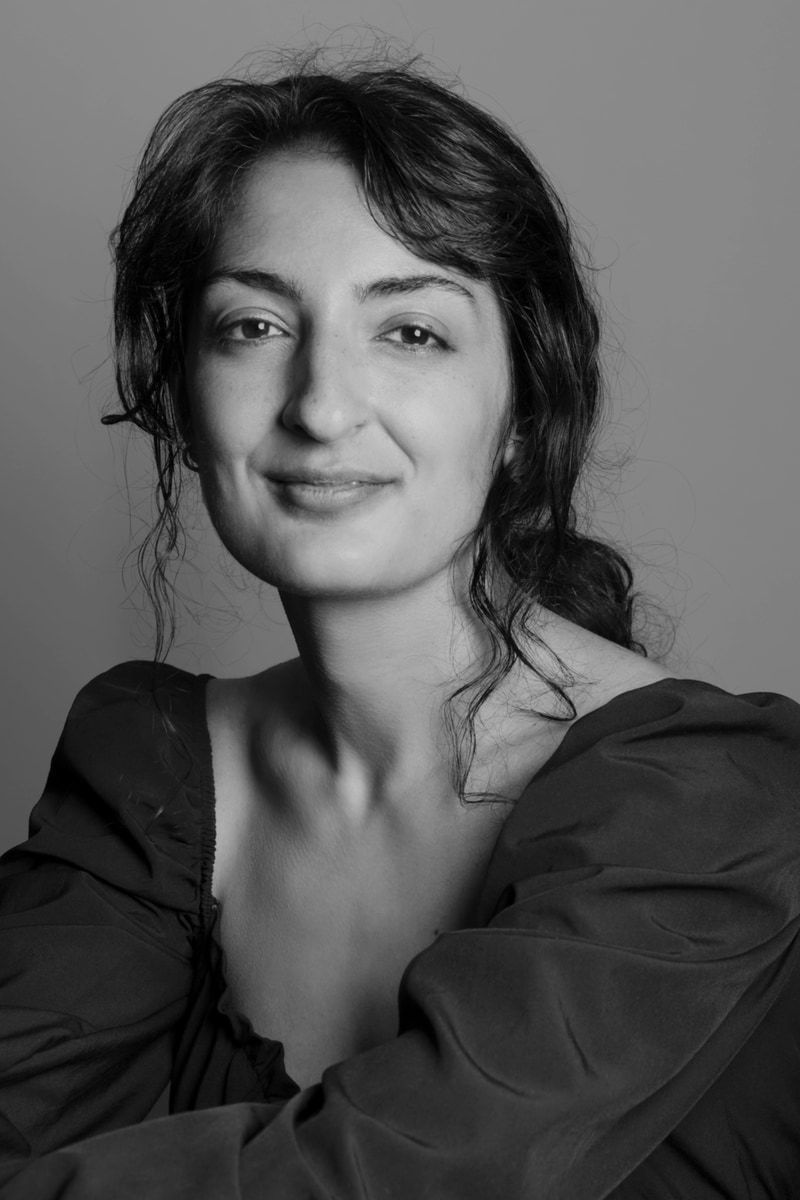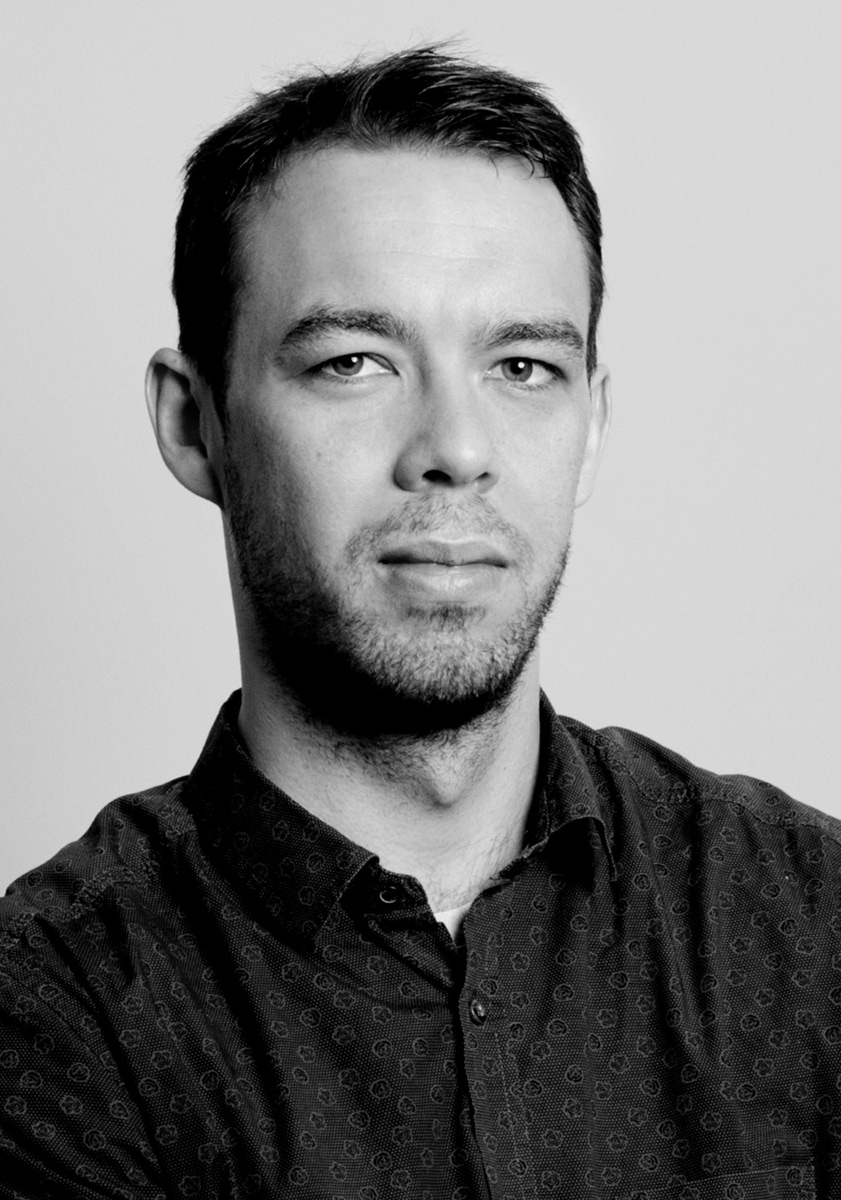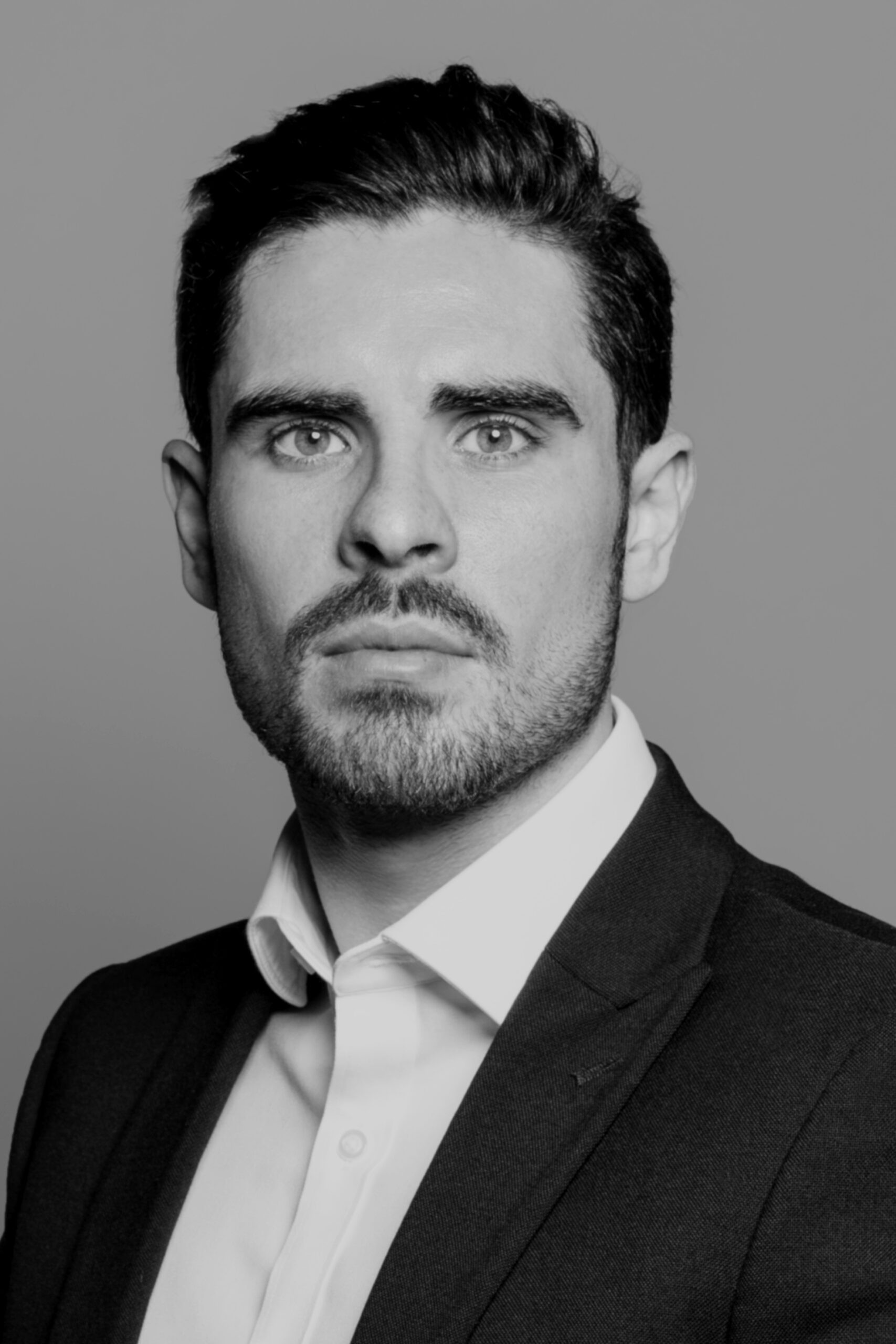Copywriting for dummies
Copywriting by definition is writing for advertising or marketing. There’s an incredible amount of different niches and rabbit holes you can throw yourself down with this, but, in its simplest form, copywriting is writing to persuade. It’s writing with a purpose. Every phrase or sentence or word – even comma – is getting someone to do something. It has intent behind it. That can be an intent to engage or get someone to sign up to a mailing list, but most of the time it’s just to get someone to part with their money – somehow. It sounds a bit sleazy, but that is basically what it is. If you saw an advert for washing powder on the telly, and it didn’t make you want to buy it, then it’s not a very good advert. That’s how I see it. In reality, if you were writing a copy for dummies guide – it’s writing for advertising. And I guess whilst I’m here – before any copy nut picks up on anything from this interview – this is just my thoughts on it. I’m not writing the copy gospel. This is kind of my opinion. ‘Scott on Copy’.
Finger Lickin’ Good
[Copyrighting] is completely integrated into our lives without us actually knowing it. It’s integrated into our culture in so many ways. I think the best example of it is slogans for companies. If you think of Nike – ‘Just do it.’ Everybody knows that’s Nike. Before they see the logo, they see ‘Just do it’ and think ‘Nike’. Now if that didn’t have a copywriter’s touch on it, that would probably be something like ‘you can do it if you want to.’ Or if it was TESCO, ‘Every Little Helps’ would be something like ‘Everything you save, will help you in the long run.’ Or KFC, which is ‘Finger Lickin’ Good’ would be something like ‘Our chicken tastes so good, you’ll probably want to lick your fingers after eating it.’ None of those sound great until a copywriter has gotten hold of it.
Writing is something you can practice for a lot longer than other arts … a footballer will eventually lose their legs. A singer will eventually lose their voice, but a writer can just keep going.
“
It’s a scientist’s game
I think copywriters need to understand people, how people digest things, and how people buy in that fashion. Copy is informed by behavioural science, and how people behave within their buying habits, needs and wants. Why people buy is a whole different ball game that I don’t have a bat for. That’s a scientist’s game. I’ve learned as much as I can learn and understand. If I go any deeper, I will find myself in a realm that I’m just not understanding at all.
Pain versus pleasure
People buy (and I think this comes back from Froyd) because of the pain versus pleasure principle; where pain and pleasure are two reasons people are motivated to buy. I think every copywriter talks about this, and every copywriter has their own analogy on how they explain this. For example, if I have insomnia, what am I going to buy? Something that helps me sleep. Now whether that’s sleeping tablets or something that’s more herbal – most medicines are marketed towards alleviating pain. A lot of the time they relate to people’s physical pain. And chocolate, for example, is always marketed towards pleasure. Every time you see an advert for chocolate, it’s always a woman, sometimes eating it in the bath, having the nicest time – she’s always got a smile on her face. It’s marketed towards the pleasure of that product. Something like that always has a grounding in the pleasure principle.
Sometimes you only need one benefit to sell something
I think behavioural science has informed so many copywriters. A lot of people forget that, when you’re writing with a purpose, you have to know how to get there. Otherwise, you could think you’re writing with a purpose, but if you don’t know the science behind it, it might be misguided – and I think that’s why copywriters are incredibly valuable to people with businesses. A lot of businesses have in-house copywriters because they know they’re going to need one to have all the time. Sometimes, business owners can be wrapped up in their own business that they think they think they should tell prospective clients or service users everything there is to know about their brand. But if they tell them too much, then the real message gets lost. Copywriters (good ones anyway) know which apples to pick from the tree. They can look objectively at a company and decide – that is a really good benefit. Sometimes you only need one benefit to sell something. You don’t have to have ten amazing things about your product to sell it. It can simply be one. Copywriters work out what ones are worth shouting about.
Formative years, Ninja Turtles, and late-night reading
My father got me into reading from a young age. And if you don’t read, you don’t write – and vice versa. Writers read and writers write, I think. Filmmakers watch films, and footballers watch football matches. And I think he accelerated my consumption of reading, and the level I was at. I’m always grateful for that. I loved reading as a kid. I was obsessed. And I think it got to the point that I was addicted to finishing books. I would steal a torch and read under my duvet, which is the classic reader’s story. My parents caught me. Because most kids would try and stay up as late as possible before they went to bed, and how late you could stay up was a good thing to talk about. And I would always be trying to go to bed early so I could try and read a book. And then I’d be up till one in the morning and trying to hide. Then after that, I worked out this story with my mum, where I said I wanted to watch a cartoon whilst I was falling asleep. It was only so that I could turn around and get the light to fall on my book. I think that has now helped me in a way – to work and concentrate in any atmosphere. Because I used to read with cartoons – Ninja Turtles – blaring behind me, I can now read in a crowded place. In London, on the tube, I could actually just do some work.
Probably still about forty years behind Hemingway
Formally, I’ve studied creative writing. I’d say I’ve spent a lot of time and money to become a writer. I think the challenge with writing is that the grades just got better and better because writing is something you can practice for a lot longer than other arts. Photography is another one. For example, a footballer will eventually lose their legs. A singer will eventually lose their voice, but a writer can just keep going. You’ve got to think, ‘you’re probably still about forty years behind Hemingway.’ There’s always a strive – ‘I need to put the time in to get better’ because it’s just such a long, long game. Writers just kind of mature, and then work, and then mature a bit more – then work some more. And I think that is what’s special about it. Time equals progress.
What language do you think in
Language is important because it’s about expressing ourselves. Imagine not being able to express yourself. One of the most frustrating things in life for people is – and the phrase used a lot is – ‘I haven’t got the words to say.’ Or ‘I haven’t got the words to express how I feel.’ Imagine having that feeling all the time. I suppose language doesn’t have to be about words either. It’s about connecting with other people, other humans. It’s how we know other people. It’s how you and I are actually talking right now. We think in a language – and that is crazy. I was talking to someone whose family are from Barra – a Scottish island. His father doesn’t think in the same language as him, instead, he thinks in Gaelic. That absolutely blows my mind. I think he works with his dad every day, yet doesn’t think in the same language as him. People I’ve met, maybe they’re Indian or French or Chinese, and after that, I’ve always asked them ‘what language do you think in?’ Some people don’t feel like they think with words. I think there are a lot of people who feel like they think from a visual aspect or a sonic aspect.
The clearest marketer always wins
Don’t use a fancy word when a shorter one hammers home your message better. If someone ran they ran. They didn’t scuttle or scarper or hasten. They ran. Language and the writing of words is not a memory game. It’s not about who can remember the most words for that one word. It’s conveying your message in the clearest way possible. People don’t realise that by using long, alternative words, it’s just kind of muddying up the language. You can lose the meaning. And I think that relates back to copywriting as well. It’s no longer clear. And I think that’s the point of copy. Someone once said to me ‘The clearest marketer always wins.’ If someone understands what they’re being offered in an advert or any medium where someone is trying to sell them something, they’re more likely to buy it. If they don’t know quite what it is, they’re never going to buy it. If they don’t know what is being offered to them, how are they going to whip out their credit card, or a wad of cash to pay for something? The clearest adverts are always the best.
Copywriting has taught me a lot. But I would say, it’s probably ruined more – I can’t watch an advert now without analysing it.
“
If it doesn’t grab them within half a second, they just scroll past it
If you look back at the 50s and 60s, adverts were so long. If you look at print adverts, they’ve got columns and columns of text. I can’t fathom people of our generation being able to absorb that. And I suppose, maybe people back then were more open to engaging with an advert for that long. I mean, I watch people on Tick Tok – I haven’t got it – and I cannot believe the level of engagement that people have. Literally, if it doesn’t grab them within half a second, they just scroll past it. It’s becoming a difficult game to grab someone’s attention now. And the way you do that is by being extremely clear in what you are offering someone as a service or a good.
Your creative brain was working the whole time – you just didn’t know it
Copywriting has taught me a lot. But I would say, it’s probably ruined more – I can’t watch an advert now without analysing it. Sometimes I’ll try and write down what I heard in an advert so I can see it on a page as I would’ve written it. And I think, ‘What am I doing? I’m just completely ruining watching that.’ I used to love watching adverts when I was a kid. I remember Cartoon Network – all the toy adverts. I used to be more excited about them than the shows. I think it was Scott Hutcheson from [the band] Frightened Rabbit who had said that he no longer listened to certain types of music because he would always critique it. He ended up listening to things he couldn’t make. It’s a really interesting idea – the idea of not being able to peel yourself away from what you create is something that’s always intrigued me. I feel that we’re always creating, even on rest days. I just like that idea that it’s there – bubbling over. Ticking over in the back of my mind without me knowing. I know people who create things, and they just get an idea for something. And it’s like ‘Your creative brain was working the whole time – you just didn’t know it.’ I like that idea – that your creative side never turns off.

